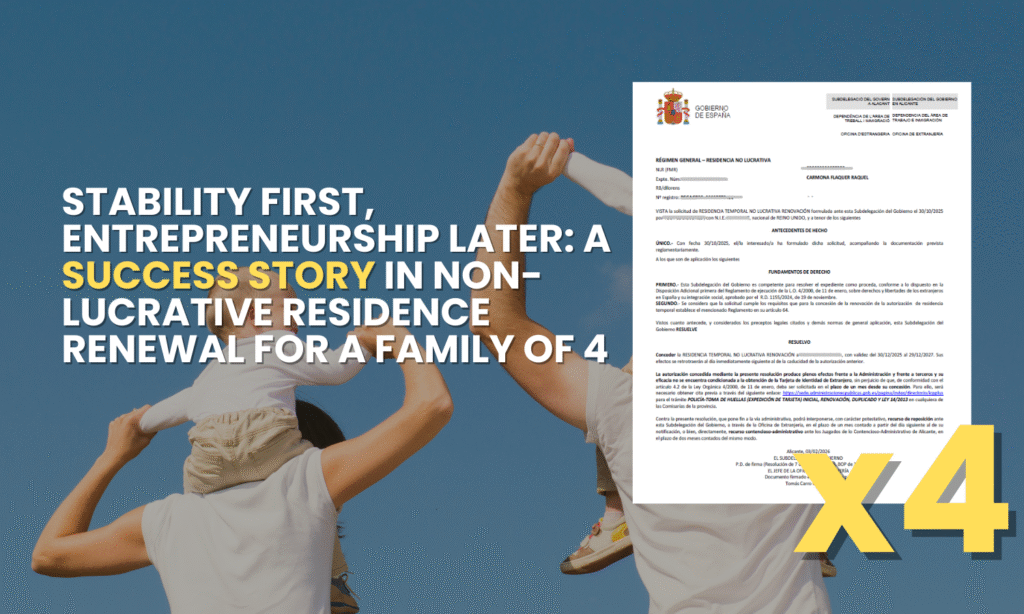Introduction
When visiting a foreign country, it’s natural to want to enjoy and explore everything it has to offer. However, exceeding your permitted tourist time can lead to serious legal issues, including fines, penalties, and even possible expulsion. In this article, we’ll explain in detail how the 90-180-day rule works in Spain and what you can do to avoid complications.
What is the 90-day rule in Spain?
The 90-day rule establishes that citizens of countries outside the European Union may remain in Spain as tourists for a maximum of 90 days in any 180-day period. This regulation also applies to all countries in the Schengen Area, which includes 27 European countries such as Portugal, France, Italy, Germany, and others .
How are 90 days calculated in a 180-day period?
Calculating the 90 days in a 180-day period may seem complicated, but it’s actually quite simple. You’re allowed to stay in the Schengen area for a maximum of 90 days in a 180-day period. This means you must count back 180 days from your departure date and make sure you haven’t exceeded the 90 days allowed within the Schengen area.
How long should I wait to return to Spain after 90 days?
Once you have exhausted your 90 days in the Schengen Area, you must wait until the 180-day calculation (looking back) shows that you have not been in the Schengen area for more than 90 days within those 180 days. This means that if you have been in Spain for a full 90 days, you must wait another 90 days outside the Schengen Area before you can return.
What happens if I stay more than 90 days in Spain?
If you stay in Spain for more than 90 days, you will be considered in an irregular situation and could face fines ranging from 500 to 1,000 euros, or in more serious cases, expulsion proceedings that would prohibit you from entering Spain for the next five years. Furthermore, the days you exceed the permitted time will be counted toward the following six-month period, extending the time you must wait before returning.
Is it possible to extend my 90-day stay in Spain?
Yes, it is possible, but complicated. If you entered without a visa, you could extend your stay up to three additional months only in exceptional cases such as health, family, or humanitarian reasons. If you entered with a visa, you can request an extension for less than three additional months from the National Police, providing proof of your reasons, financial means, and a return ticket.
Alternatives for staying longer in Spain
Before your 90 days are up, you can consider two options: leaving the Schengen area or applying for a residence permit. The Entrepreneurs Law offers several options for applying for residency while still in Spain, including the Golden Visa, visas for entrepreneurs, highly skilled workers, intra-company transfers, researchers, and digital nomads.
Difference between the 90/180-day rule and the 183-day rule
It’s crucial not to confuse the 90/180-day rule with the 183-day rule. The latter determines the turning point for being considered a tax resident in Spain. If you spend more than 183 days in Spain in a calendar year, you could be considered a resident and, therefore, subject to tax on your global income.
Will Spain change this regulation?
Currently, there are no plans to change the 90-day rule, as it applies to the entire Schengen area. However, there is a campaign to create exceptions for post-Brexit UK citizens, who have been negatively affected by this rule.
Application of the rule for property owners in Spain
The 90-day rule applies even if you own property in Spain. If you wish to stay longer than 90 days, you will need to apply for a residence permit. If your property is worth at least €500,000 and was purchased after 2014, you may be eligible for the Golden Visa, which makes obtaining residency easier.








